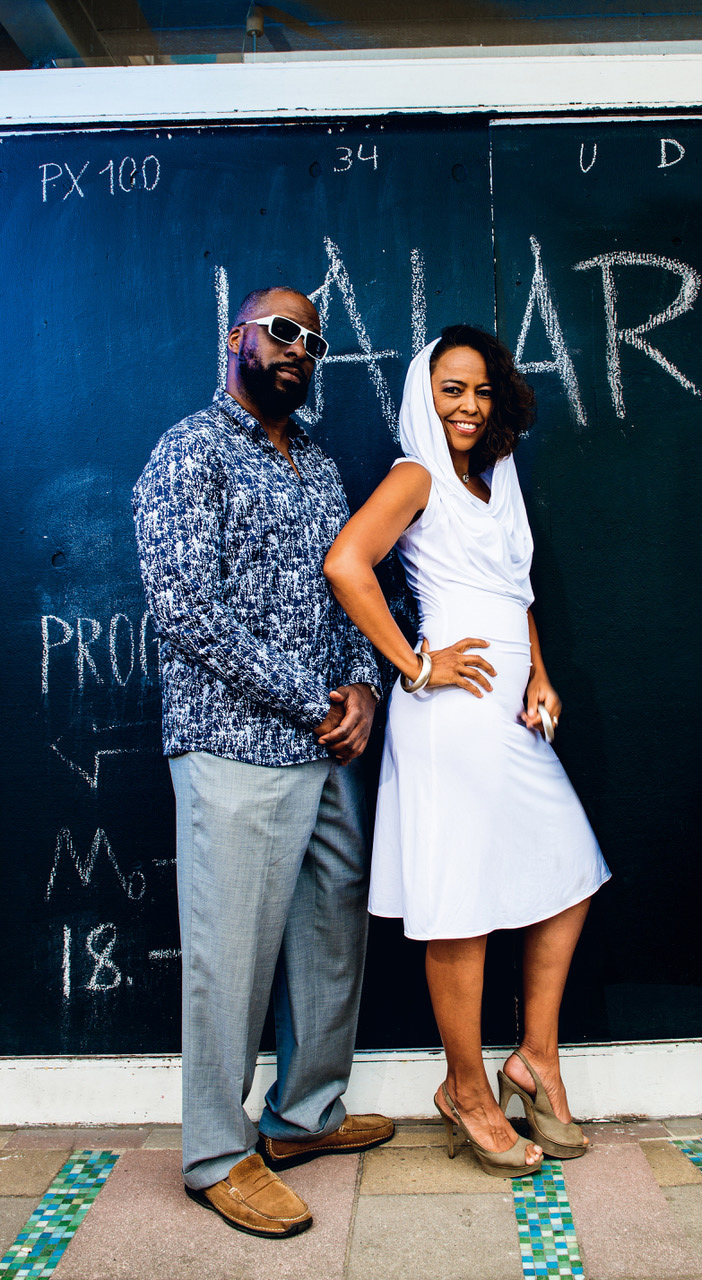
De-Phazz 20 years anniversary by Josef Engels
German engineering has always been appreciated worldwide. It is innovative, technically sophisticated down to the smallest detail and makes life more beautiful. Attributes that also fully apply to the band De-Phazz founded in 1997 in Heidelberg. Created by the diligent sound collector and sample architect Pit Baumgartner, the "Godfathers of Lounge" are the most reliable and pleasant German export commodity since the VW Beetle, and the most musically charming invention since the Fraunhofer Institute in Erlangen invented Mp3.
De-Phazz’ songs creep into the auditory canals, stimulate brain activity and electrify dancers to shake their legs, are known in Vladivostok as well as in Anchorage, in Ibiza as well as in Kathmandu. By courtesy of smart bartenders, compilations like "Café del Mar" or movie soundtracks, songs like "The Mambo Craze", "Something Special" or "Cut the Jazz "(played on Spotify 3 million times) went viral when this term was still associated merely with influenza. Baumgartner & Co. have sold over half a million recordings - black-market copies not included - that possibly makes De-Phazz the most burned band in Eastern Europe. The group has so far performed over 600 concerts all over the globe.
And this is probably one of the formulas for success why DePhazz still exists 20 years after the lounge revolution. It has never been one of those DJ projects where a producer chooses varying and exchangeable musicians for the studio. Thanks to the exceptional performance of Pat Appleton and Karl Frierson, as well as outstanding soloists like trombonist Otto Engelhardt or Marcus Bartelt, De-Phazz still survives brilliantly on the big stage beyond the sound-insulated recording booths.
For their shows, the band (which De-Phazz indeed is: a band) has always come up with something innovative - be it the surreal video installations that pleasantly tickle the retina, smart technical gadgets or even tongue in cheek, dancing go-go girls. "That's enjoyable," the Süddeutsche Zeitung evaluated. And even the austere FAZ lauded the band on its ability to merge "the best of popular love music of the last fifty years. The tragedy of the blues, the coolness of jazz, the joy of swing, the occult and the eroticism of African and Latin rhythms, sentimentality and the irony of the good old hit."
The band is at ease not only in concert halls but also on festival stages between Canada and Russia, due to its regular cast, alongside the unbeatable vocal duo Appleton and Frierson, the drummer Oli Rubow has also been a regular for the last ten years. The group stands out even in the context of an intimate jazz club setting, as evidenced in 2014 established acoustic format "De-Phazz Private" which is a tribute its full name "DEstination PHuture jAZZ”.
A pronounced sense of style, bone-dry grooves, tons of soul and purring irony - these are, quite frankly, un- German qualities that have made De-Phazz the most famous, unknown music export “Made in Germany”. In 2018, the band celebrates its 21st anniversary with a new album (Release Date: May 2018) and offers the prospect of thrilling concerts for head, belly and soul. It's a blessing that De-Phazz still exists. Because in this age, more than ever, there is a genuine need for poise, humour and good music.